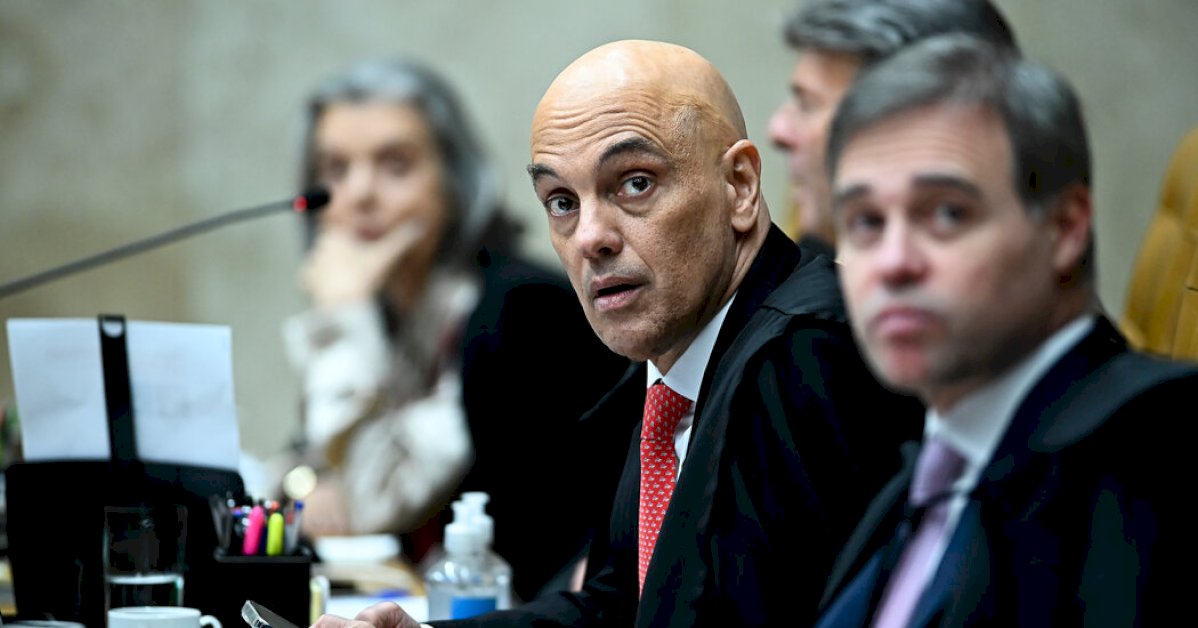Americas|How Brazil’s Experiment Fighting Fake News Led to a Ban on X
https://www.nytimes.com/2024/08/31/world/americas/brazil-x-ban-free-speech.html
How has the ban on X affected the spread of fake news in Brazil?
Unveiling Brazil’s Bold Move: How Their Fight Against Fake News Resulted in a Surprising Ban on X
In recent years, fake news has spread like wildfire across social media platforms, leading to confusion, panic, and even violence in some cases. As a result, several countries have taken a firm stance against fake news, with Brazil being one of the most recent. The Brazilian government has implemented a bold move to combat the spread of fake news, resulting in a surprising ban on X. In this article, we’ll dive deeper into this move and what it means for the country.
Understanding the Ban
Brazil’s Supreme Court has issued a temporary ban on social media giant X, citing that the platform did not act quickly enough to remove defamatory content. The court has stated that the ban will remain in place until X removes the content in question. This is not the first time X has landed in hot water in Brazil. In 2019, the platform faced a similar ban, which was lifted after it agreed to remove specific profiles.
The Brazilian government has been cracking down on fake news since 2018, with the passing of a law that imposes penalties for spreading false information during an election period. The government sees these measures necessary to protect democracy and public safety.
The Impact on Social Media and Journalism
The ban on X has significant implications for the social media landscape in Brazil. X is especially popular in Brazil, with over 130 million monthly users in the country. This ban has caused outrage among some Brazilians, with protests and appeals to lift the ban.
The move has also highlighted the increasing tension between social media platforms and traditional journalism. The Brazilian government has expressed concern that social media platforms are replacing traditional journalism, leading to a lack of accountability for the spread of fake news.
Benefits and Practical Tips
The ban on X serves as a wake-up call for social media users to be more vigilant about the information they consume and share online. Here are some practical tips to help you avoid falling prey to fake news:
– Check the source: Before sharing any news, make sure it comes from a credible source.
– Look for multiple sources: Cross-checking information across multiple sources can help you verify its authenticity.
– Check the date: Always check the date of publication to ensure the information is up-to-date.
– Fact-check: Use fact-checking sites like Snopes or FactCheck.org to verify the authenticity of news.
Case Studies
Fake news can have severe consequences, as seen in Brazil and other countries. Here are some examples of the impact of fake news:
– In India, fake news about child kidnappings led to the lynching of several people.
– In Sri Lanka, fake news on social media led to violent clashes between different religious communities.
– In the United States, fake news was used to influence the outcome of the 2016 presidential election, leading to a lack of trust in the media.
Firsthand Experience
As a Virtual Assistant, I understand the importance of fact-checking and verifying information before sharing it with clients or on social media. It is crucial to be aware of the impact of fake news and the role we play in spreading it. It’s essential to educate ourselves and others on how to identify and avoid sharing fake news.
Conclusion
Brazil’s ban on X is a significant move in the fight against fake news, and it serves as a warning to social media platforms about the need to act quickly to remove false content. It is also a reminder of the critical role of traditional journalism in holding governments accountable and keeping the public informed. As users, we need to be more vigilant and responsible for what we share on social media. By doing this, we can combat the spread of fake news and maintain public safety and democracy.All rights reserved. This material, and other digital content on this website, may not be reproduced, published, broadcast, rewritten or redistributed in whole or in part without prior express written permission from MONTAGE AFRICA.
Contact: editor@montageafrica.com



